The Meta Quest 2 is two years old; here's how it can avoid a third-year slump
The Quest 2 might be the most improved console ever, but will Meta abandon it now that the Quest 3 is on the horizon?
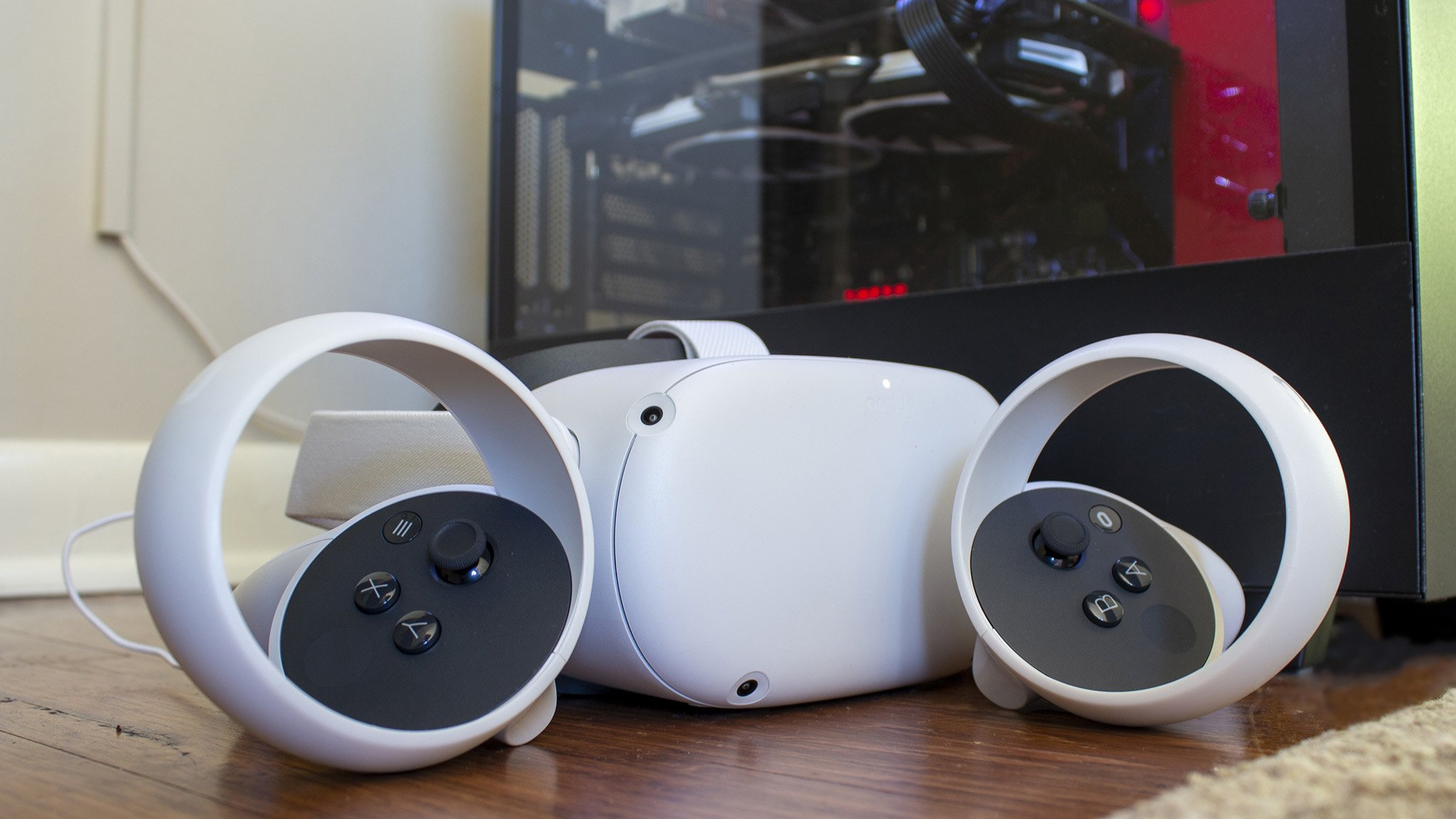
The Meta Quest 2 turned two years old this October. Most gaming consoles last 5 or 6 years before the company launches a replacement, but Meta is already turning its gaze to the new Meta Quest Pro and the upcoming Meta Quest 3 launching next year. Case in point, Meta barely mentioned its Quest 2 console at all during its annual Connect keynote, keeping its focus squarely on the future.
We could easily see Meta's engineers shifting their focus to the newer Quest consoles before its 2023 release. But neglecting the Quest 2 would be a huge mistake, and I'm hopeful the Meta Quest engineers know this.
The Quest 2 hit 5 million units sold in April 2021, then 10 million in November 2021 according to Qualcomm's CEO. Most recently, IDC analyst Francisco Jeronimo tweeted that the Quest 2 had sold 15 million units as of this June. If this pace keeps up, Meta could hit 20 million by the end of 2022 — though the recent price increase could get in the way.
Alongside the ridiculous hardware success, the Quest Store has made $1.5 billion in revenue so far, with 1 in 3 games making over a million in sales. It's fair to say the Quest 2 finally brought VR into the mainstream in a way that PC VR never could.
In this context, we're sure that most of these gamers will be excited to try the next Quest 3 at some point, but it's too early for these new VR gamers to immediately buy a new headset that looks pretty similar to the last model. Instead, Meta needs to make sure its huge influx of new users remains satisfied, and that means the Quest 2 needs to continue to evolve.
The Quest 2 is the most improved console ever
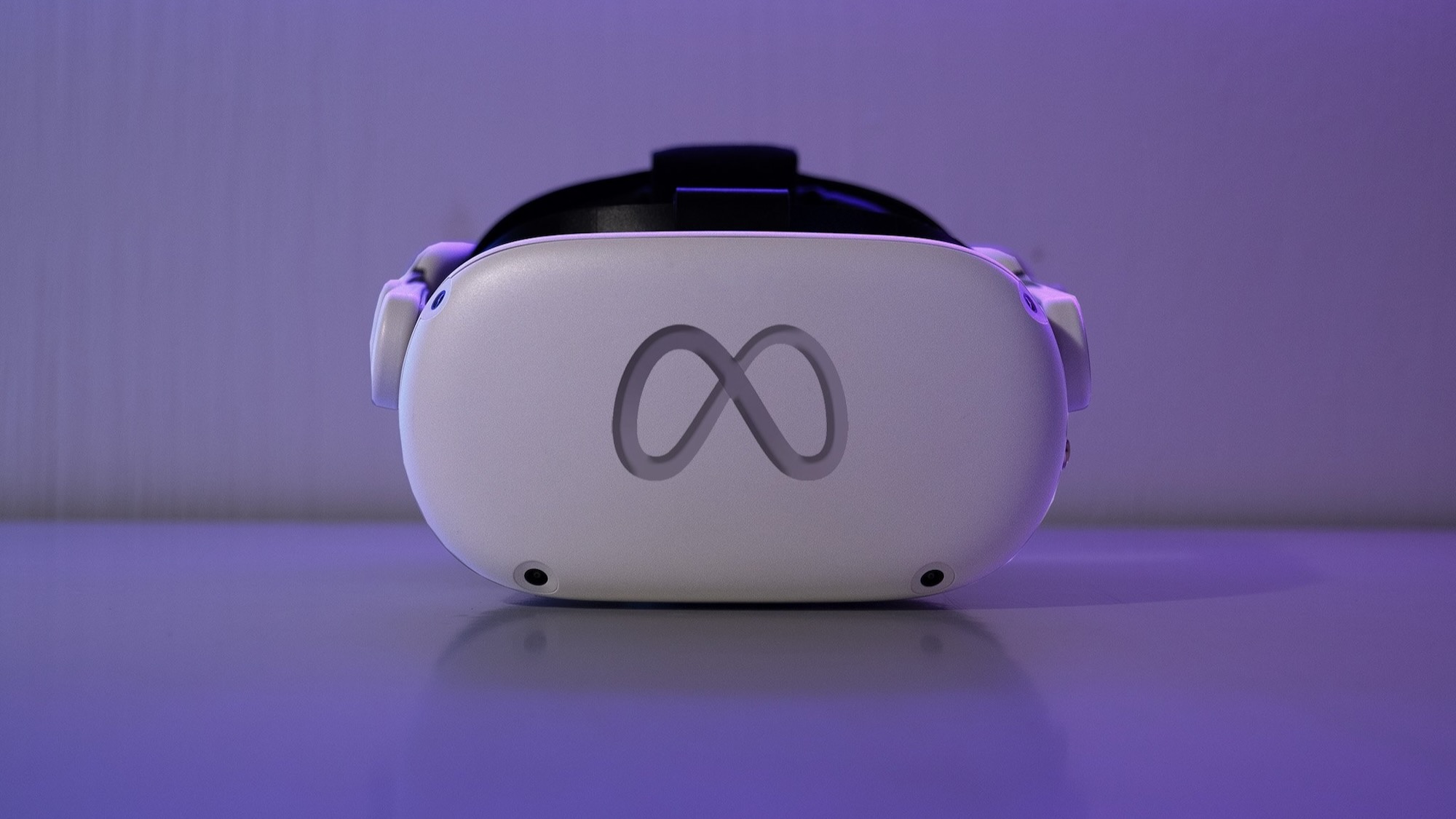
Last year, I reflected on the Oculus Quest 2's one-year anniversary and noted the many software improvements that came to the headset after its release: Oculus Move, App Lab, Air Link, 120Hz gaming, and Space Sense, among many others. Simply through monthly updates, the Quest 2 became an entirely revamped console that was a lot more pleasant to use.
The same applied in the Meta Quest 2's sophomore year. It added cloud saves so you could safely delete games without losing progress, plus multiple accounts so you could have separate saves or kids' accounts with proper parental controls. It drastically improved hand tracking and reduced battery drain during the headset's standby mode. And it finally removed the Facebook requirement, while adding a new Horizon Home environment and better work apps.
Be an expert in 5 minutes
Get the latest news from Android Central, your trusted companion in the world of Android
Even in the past couple of days, Meta improved the Quest Store by adding gift cards and demos, two long-standing requests from the community. Air Link is an official tool rather than an experimental one, and 120Hz will be available for all games by default soon.
The Quest 2 launched as an unfinished device, but it has become something truly special in the past two years. The question is, has Meta's engineering well run dry as it focuses on the newer headsets? Or does it have more up its sleeve to keep the momentum going?
Gambling on gaming
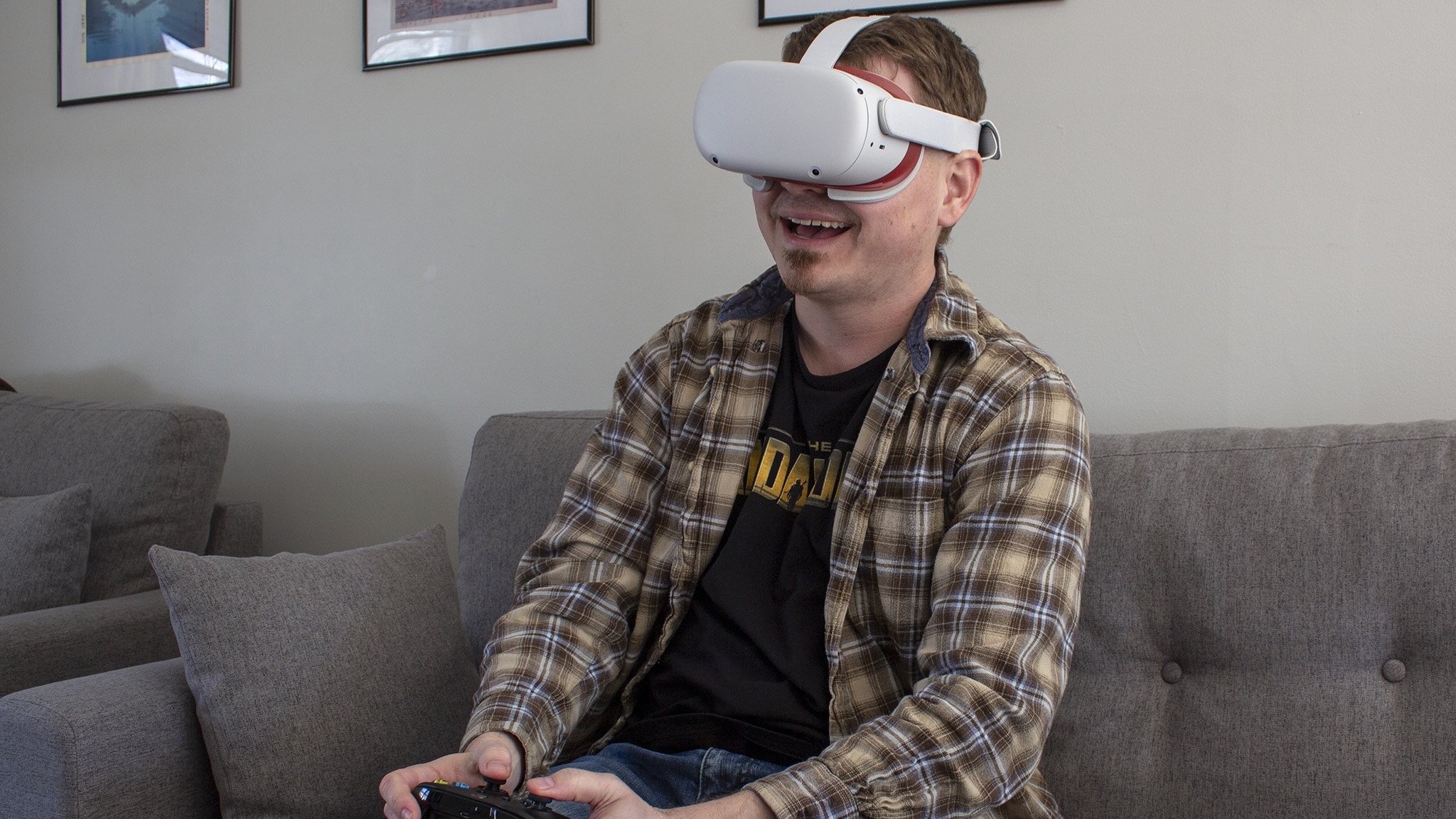
Right now, Meta's main strategy seems to be to push high-profile games. In the next few months, we'll see the launches of Among Us VR, Walking Dead: Saints & Sinners - Chapter 2, and Iron Man VR.
Meta also has a huge asset in App Lab, its indie developer platform for games that can't pass the Quest Store's rigid quality standards. Over 2,000 App Lab games have come out so far, and recently a ton of the more popular App Lab titles like Ancient Dungeon, Puzzling Places, Deisim, and Gym Class Basketball have graduated to the main Quest Store. If even 10% of App Lab titles make it to the official store, that would bring a stream of affordable, charming indie content that'll keep Quest 2 gamers entertained.
But otherwise, Oculus Studios doesn't have many exclusive games in the pipeline, and Meta will need alternative ways to keep Quest 2s from gathering dust on shelves. A huge quantity of games will make hardcore VR gamers happy, but more "mainstream" gamers may turn their gaze to the PS VR2 with its more recognizable properties like Horizon and Resident Evil.
On that note, we're excited for Xbox Game Pass games to come to the Quest 2; we can hope that other 2D cloud gaming services could make an appearance, too — though it obviously won't be Stadia.
While leaking Quest 3 details, VR analyst and YouTuber Brad Lynch also revealed that Meta was working on a VR cloud gaming project called Project Razer, which would use cellular networks in the U.S. to stream PC VR-quality games on mobile headsets. Assuming it comes to the Quest 2, Project Razer would give the headset a longer shelf life by supporting games that the aging Snapdragon XR2 could never handle. But it probably won't arrive for some time.
Otherwise, we think the Quest 2 should continue to add new hardware improvements, as well as software.
How we want the Meta Quest 2 to improve

It's honestly hard to say where the Quest 2 should go from here. But last year I asked Oculus (prior to its name change) to add cloud saves and remove the Facebook requirement, even though I thought there wasn't a "snowball's chance in hell of that happening." So I'm going to make the most outlandish requests possible and hope I strike gold again.
Meta partnered with a ton of productivity apps for the Quest Pro, but I'm still waiting for it to bring more casual 2D apps to the Quest 2. It would be fantastic if you could easily pause your game, pull up Twitter as a vertical column in-game, and upload a screenshot, all without taking off your headset. Same goes for Slack, which Meta promised would come to Quest back in October 2021 but never delivered.
One of my wishlist requests that went unanswered last year is support for official music apps that can stream across gaming apps or while in your Horizon workroom. If you could listen to Apple Music, Spotify, YouTube Music, or another app while playing games or hanging out in Horizon Home, that would be an amazing perk that would keep me in-headset for longer.
Speaking of Horizon Home, Meta added a new Rings of Power home environment, and you can always import a custom home environment. But it'd be cooler if Meta let you take a Sims-like approach and actually populate your virtual surroundings with stuff, whether from a Meta library or by importing files from Oculus Browser. No microtransactions, please, but even generic objects make somewhere feel like "home" more than fancy licensed environments.
My VR-loving colleague Nick Sutrich wants Meta to overhaul its mobile app — something I heartily agree with — but otherwise will be happy if it just keeps improving performance and removing bugs, because they've added so much already.
I'm also drawing a blank on what else Meta can do to keep the Quest 2 software fresh. It can bring new productivity and mixed-reality experiences, but its black-and-white cameras just aren't good enough to let it be a "work device" like the Quest Pro. So I'm just hoping Meta engineers have more in the pipeline to surprise us.
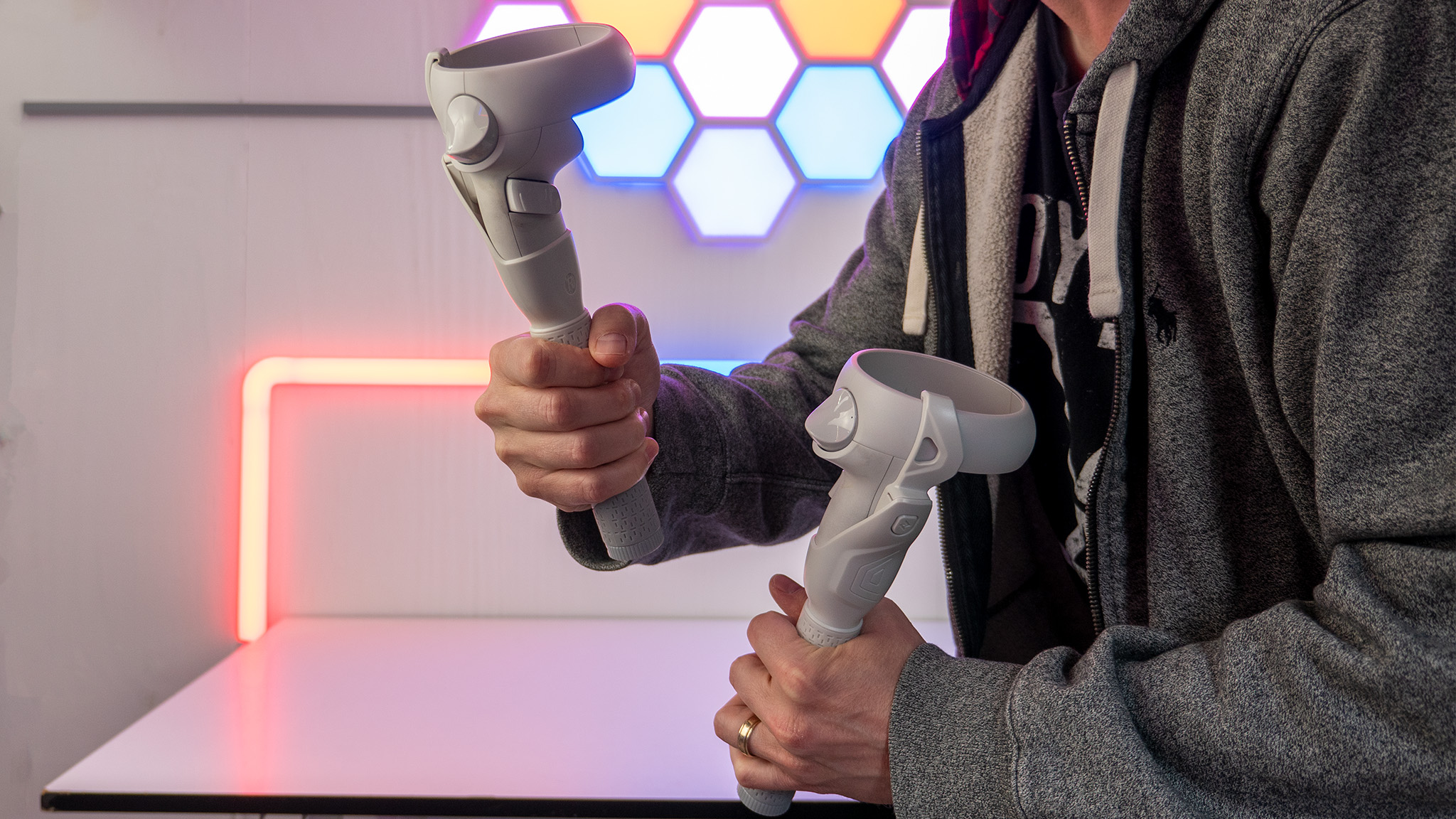
Where the Quest 2 could double down is in fitness accessories to go with its popular exercise games. It launched a new Active Pack with a wipeable facial interface, wrist straps, and adjustable knuckle straps — but that's not really anything special.
What I'd love is for Meta to copy the Pico 4 and develop its own wearable accessories to more accurately measure your effort for Oculus Move statistics. I've used my own fitness smartwatches to measure burned calories, and Meta seems to underestimate how hard you're working out when it checks your head and hand movement. Proper incorporation of your heart rate and leg movements will give you a more accurate sense of how helpful the Quest 2 has been for your health and training.
Supernatural, the popular fitness app that's owned by Meta (if you ignore its legal battles with the FTC), will soon allow for one-handed workouts and leg tracking. The first feature is great for accessibility, and Meta should strongly encourage other fitness apps to improve in this area. And the second feature could improve immersion and results, even without accessories.
Meta has done a decent job of supporting the Quest 1 after the Quest 2's launch, making some new features backward compatible. But other headsets like the Rift S and Go had more ignominious ends. Meta could quickly leave the Quest 2 behind as a "finished product" as it pushes its users onto the next headset. But again, I think it makes economic sense for Meta to keep optimizing the 2020 headset.
When we look back at the Quest 2's trajectory in October 2023, I'm hopeful that it will be an entirely evolved and improved device once again.
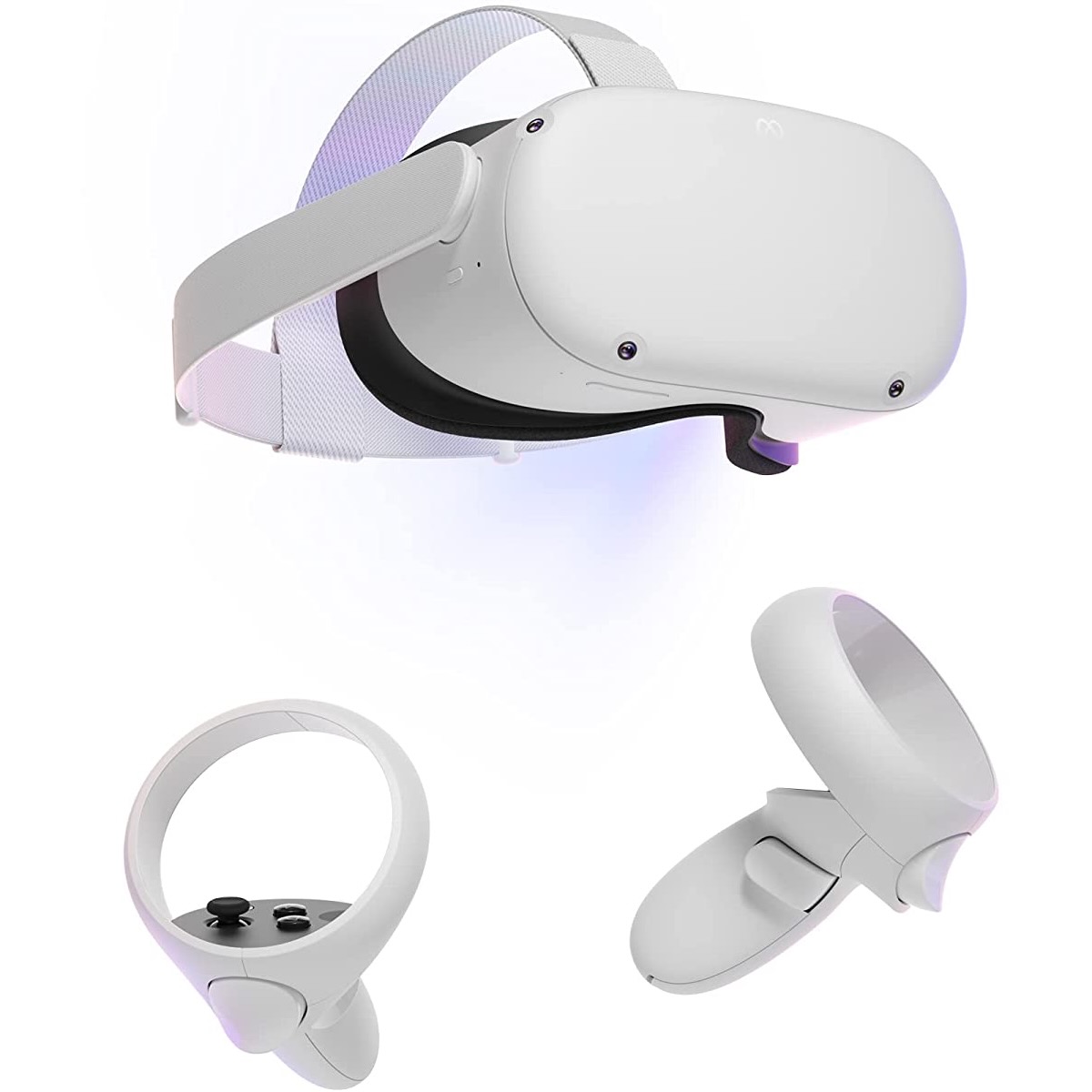
The Meta Quest 2 is the best standalone VR device available today, with hundreds of games available plus wireless PC VR games with a compatible computer and Air Link. And it should receive plenty of support before and after the Quest 3 launches.

Michael is Android Central's resident expert on wearables and fitness. Before joining Android Central, he freelanced for years at Techradar, Wareable, Windows Central, and Digital Trends. Channeling his love of running, he established himself as an expert on fitness watches, testing and reviewing models from Garmin, Fitbit, Samsung, Apple, COROS, Polar, Amazfit, Suunto, and more.
